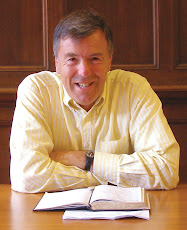Weekend news reports suggest that the chaplain who
was withdrawn from a South Lanarkshire school under parental pressure because
of his evolution denying views has been replaced, with the local authority's
backing, by another representative of the same church who similarly expresses
doubts about this well-supported scientific theory. Of course, if the local
council had not acted in this way the Church of Christ could have claimed
discrimination under the 2010 Equality Act because numerous other religious denominations,
with equally scientifically doubtful beliefs central to their doctrines, are
allowed to access pupils in our schools and, in the case of one big
denomination, is allowed to manage a large proportion of those tax payer funded
schools and directly influence the education and beliefs of pupils in them.Projecting
trends from the recently published results of the 2011 census it is likely that
the Scottish population will, next year, prior to the independence referendum,
have a non-Christian majority and that those with no religion will constitute
almost four in ten of the population. These major changes in belief mean that
the current educational regime which gives Christian sects, and a few other
religious denominations, an almost free range in our schools, will be
increasingly contested.
The Scottish Parliament was established in 1999
with full powers to review and change the laws that govern the educational
system and which were inherited from the Westminster UK Parliament. It has
totally failed to undertake this task and has consented in the renewal by the
Scottish Government of guidelines on religious activities in schools which have
allowed the current situation to develop.
Those who think somehow that an independent
Scotland would be more democratic and secular in relation to such matters are
mistaken if the record and the current plans of the Scottish Government is
anything to go by.
